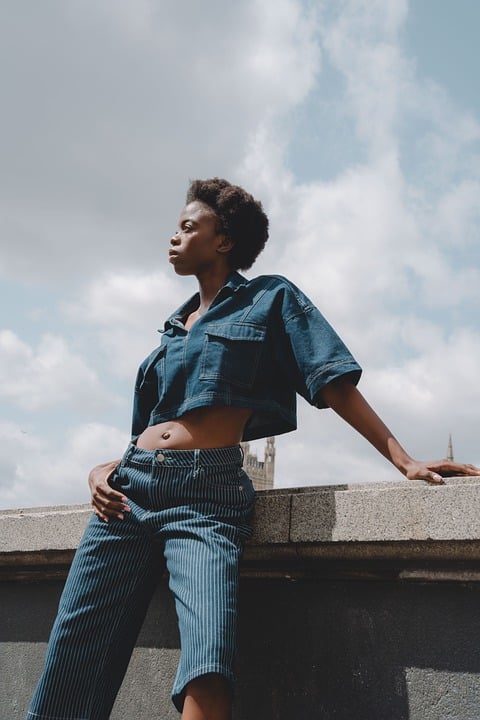Crafting a Winning Cover Letter for Editorial Assistant Positions
In the competitive world of publishing, a well-crafted cover letter can be the key to unlocking the door to your dream role as an editorial assistant. Your cover letter is not merely a formality; it’s your first chance to make a lasting impression on potential employers. Here are some insights and examples to help you stand out in the crowded job market.
Know Your Audience
Understanding the publication you’re applying to is paramount. Research its tone, style, and audience. For instance, a cover letter for a literary magazine should reflect a certain eloquence and appreciation for the written word, while a letter directed towards a digital publication might lean towards a more casual and contemporary vibe. Tailoring your language and examples to resonate with the publication’s ethos will demonstrate your commitment and insight.
-
Personalisation: Address your cover letter to a specific person rather than using a generic greeting. A simple “Dear [Hiring Manager’s Name]” can create a personal touch that makes your application memorable.
-
Showcase Your Passion: Mention specific articles, issues, or features that inspired you. This not only shows that you are familiar with their work but also that you genuinely care about the publication.
Highlight Relevant Skills and Experiences
Your skills and experiences are the backbone of your cover letter. Rather than listing them, weave them into a narrative that highlights your suitability for the role.
-
Editing and Proofreading: If you have experience in editing, whether through an internship or freelance work, narrate an instance where your keen eye for detail improved a piece. For example, “During my internship at [Publication Name], I meticulously edited a feature article that ultimately won the [Award/Recognition].”
-
Communication: Discuss your ability to communicate effectively. Perhaps you’ve worked in a team setting, collaborated with writers, or managed correspondence. An example could be, “As the editor of my university’s magazine, I liaised with various contributors to ensure clarity and coherence in our annual issue.”
Demonstrate Your Understanding of the Role
An editorial assistant must be adaptable, organised, and proactive. Showcase these traits through real-life examples.
-
Adaptability: Share a story that exemplifies your ability to handle unexpected changes or tight deadlines. Maybe you had to rework an entire issue at the last minute due to unforeseen circumstances.
-
Organisational Skills: Discuss how you manage tasks efficiently. For instance, “While volunteering at [Organisation], I implemented a tracking system that streamlined our editorial calendar, significantly improving our workflow.”
End on a High Note
Leaving a strong final impression is crucial. Express your enthusiasm for the role and the potential to contribute to the publication. A well-structured closing can make all the difference.
“Thank you for considering my application. I am eager to bring my editorial skills and passion for literature to [Publication Name] and contribute to its continued success. I look forward to the opportunity to discuss how I can add value to your esteemed team.”
Crafting a compelling cover letter is both an art and a science. By personalising your approach, highlighting relevant experiences, and conveying your understanding of the role, you create a narrative that engages and excites potential employers. Remember, CVPortal continuously provides an array of high-quality CV examples to guide you in your job search journey.


